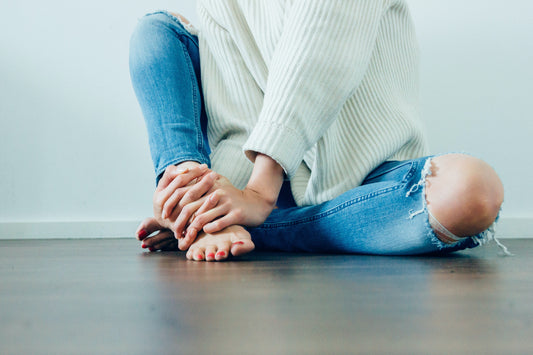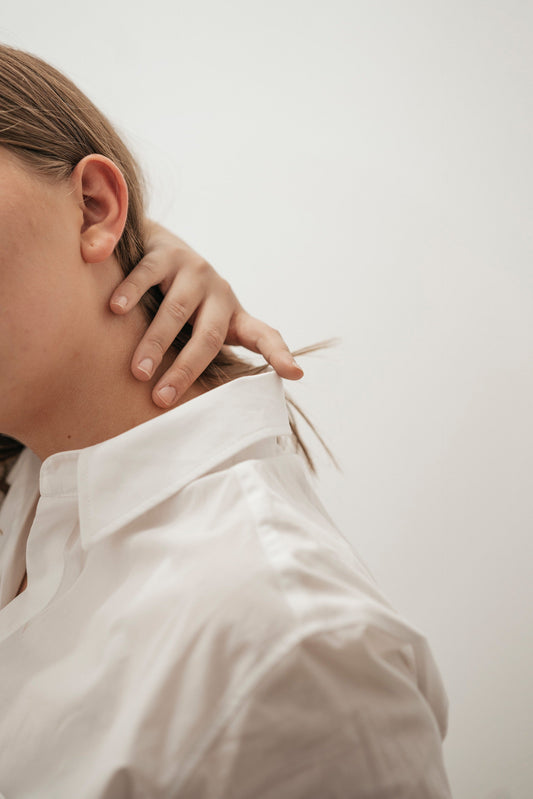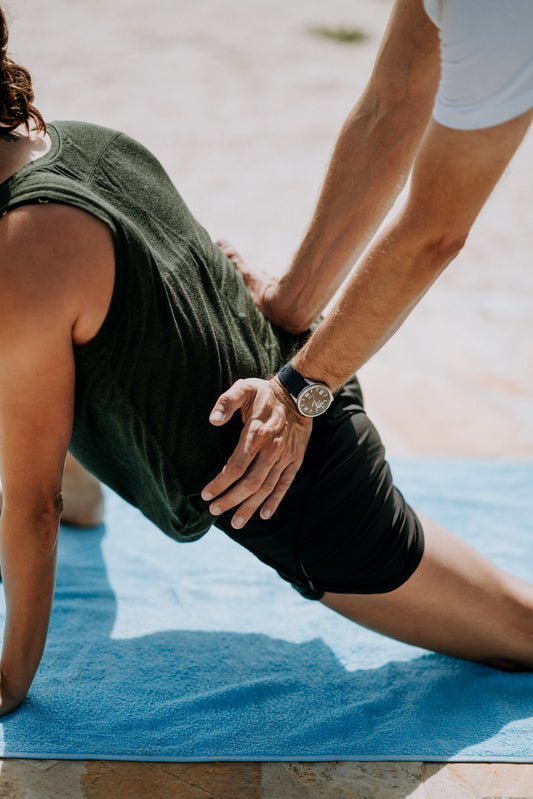How do you view your body? How much time do you spend thinking about it? What is your internal dialogue when you look in the mirror, or when you put clothes on in the morning, or when you’re about to talk in front of a crowd? Body image is your perception of the aesthetics or attractiveness of your body; it involves how you see yourself, compared to the standards that have been set by society.
Whether we realize the connection or not, our body image affects our behaviour. This is because our body image informs our self-esteem, a feeling of trust in one's abilities, qualities, and judgment. In fact, they directly influence each other. If you’re feeling unattractive or physically insecure, it’s hard to feel good about yourself as a whole person. Similarly, if you don’t think you deserve to feel good, you won’t give yourself positive inputs to feel physically well.
In an effort to combat the diet culture we are all entrenched in, the concept of body positivity was introduced and has gained a lot of momentum on social media. People of all genders, shapes, and sizes are expressing love and gratitude for their physical appearance with the message that all bodies are beautiful and deserve praise. While this has been a popular approach to combating criticism and judgment based on appearance, a new concept is emerging: body neutrality.
Read on to learn about each concept, and take a minute to think about which resonates most with you.
BODY POSITIVITY
Currently, there are over 10 million posts on Instagram with the #bodypositive tag. Many of them are photos of someone’s face or body with a vulnerable caption on their body image. Body positivity is defined as a social movement rooted in the belief that all human beings should have a positive body image, while challenging the ways in which society presents and views the physical body.
They key to the movement is in the name - positivity. The body should be praised with positive words and affirmations, using descriptions of beauty, strength, and perseverance despite any perceived flaws.
BODY NEUTRALITY
This is a new concept developed by Anuschka Rees after studying body image, self-esteem and cultural norms and identifying that while body positivity has brought a lot of good, it still keeps the focus on physical appearance. The point is that there is so much more to talk about and base self-worth on than outward attributes. As one contributor to her book, Beyond Beautiful, puts it: “Stop telling women that they need to loooove their bodies! Stop encouraging them to focus even more on what they see in the mirror. Tell them to love, respect and appreciate themselves as a multifaceted human being that is so much more than body parts”.







